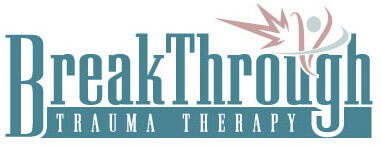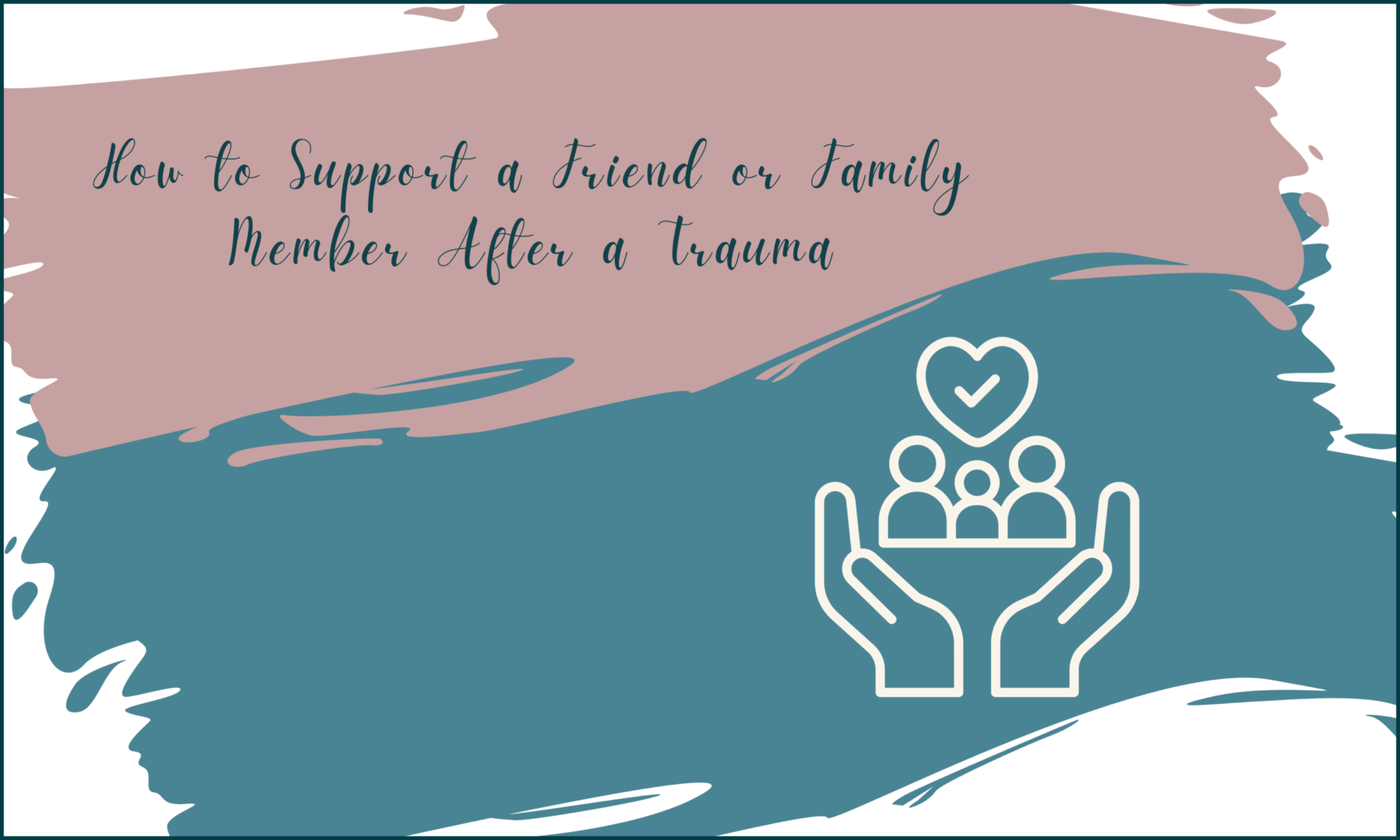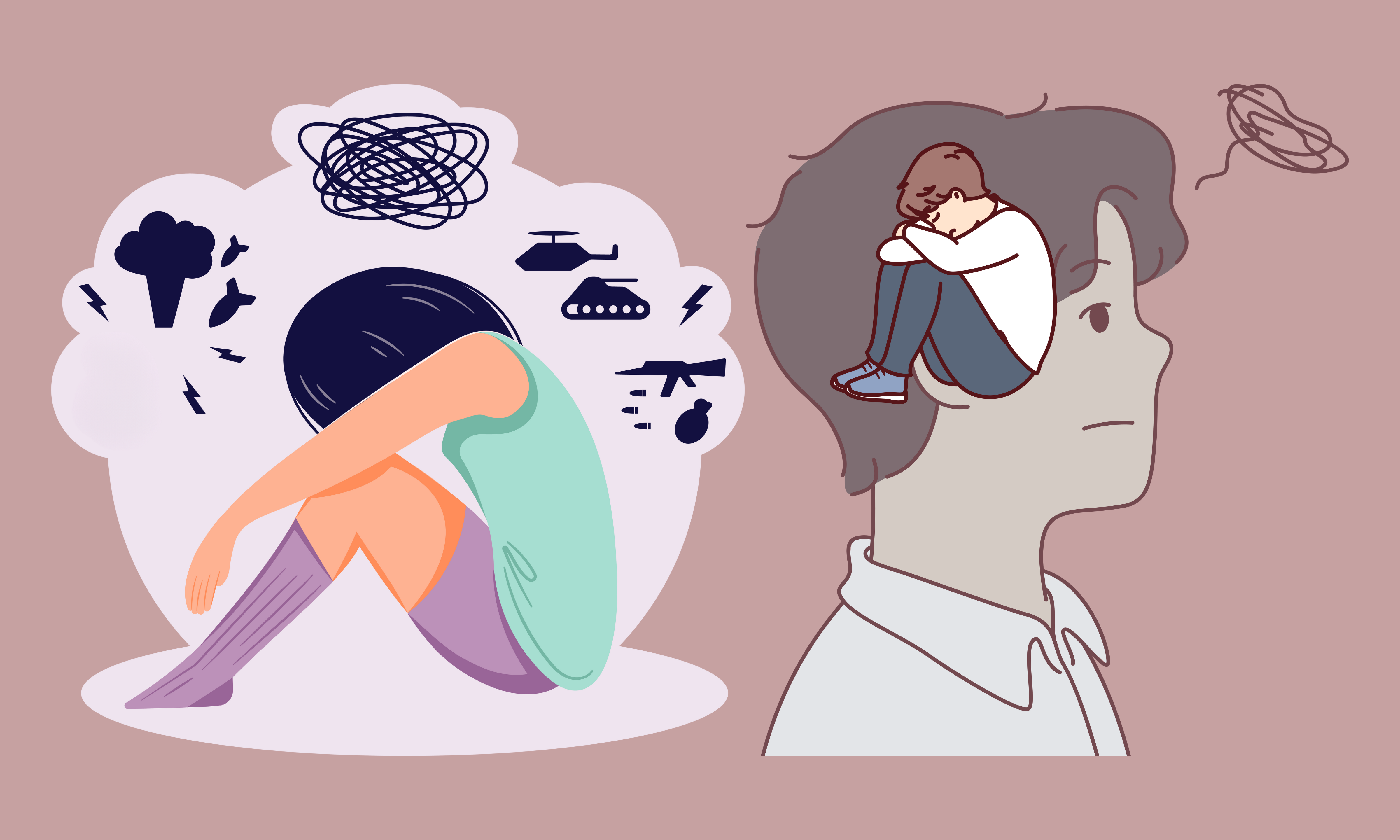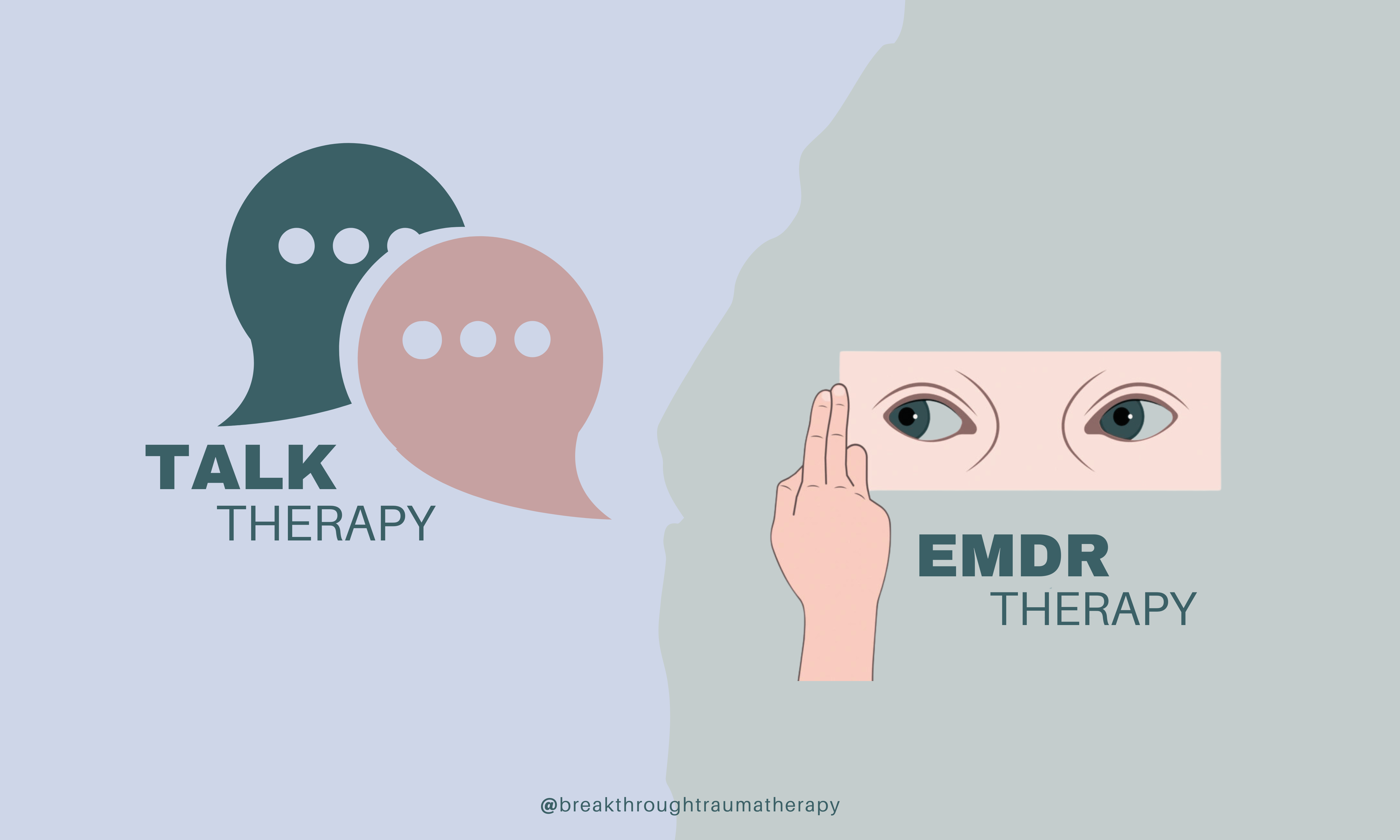Trauma Therapy
Have You Been Through a Traumatic Event that Still Agonizes You?
- Do thoughts, visions, and nightmares about this stressful moment leave you shaken and distraught?
- Does the recurring experience interfere with your ability to live, work, or relate with others?
- Are you looking for a way to get free from the hurt, despair, and worries of this dreadful experience?
 It is not easy fighting a past that keeps haunting you involuntarily. Relieving yesterday’s turmoil is burdensome to your body, mind, and soul. The torment and anguish they evoke can harm even the most secure person. Trauma can take control of your life, leaving you mentally, physically, and emotionally distraught.
It is not easy fighting a past that keeps haunting you involuntarily. Relieving yesterday’s turmoil is burdensome to your body, mind, and soul. The torment and anguish they evoke can harm even the most secure person. Trauma can take control of your life, leaving you mentally, physically, and emotionally distraught.
It is also not your fault that the traumatic event keeps recurring. The experience was too much for you to process, leaving you hypersensitive to anything relating to that fateful day or period in your life. Now your mind tries to make your body defend itself from this trauma because it still thinks you are going through that hellish period.
Besides impacting your emotional state, the fear, anxiety, and sadness experienced during each episode also affects your physical well-being. Trauma surfaces anywhere without warning, making it impossible to live your life. It is challenging to pick up the pieces and move on from a life-shuttering experience when your mind continuously brings you back to it.
With therapeutic care, you have the opportunity to overcome this mental anguish. The issue might feel deeply rooted and challenging to handle alone, but there’s hope. Breakthrough Trauma Therapy offers a path to find relief and healing from this lingering distress.
Understanding Trauma and Why Therapy Helps
Trauma is a maladaptive way the body and mind respond to a horrific event or experience like a grisly road accident, terminal illness, natural disaster, or abuse. One condition that develops from a dreadful event is post-traumatic stress disorder (PTSD).
Symptoms of PTSD include
- Intrusive memories, occurring as involuntary nightmares and thoughts that evoke an intense emotional response that suppresses your awareness of the present and feels as though the traumatic event was happening in real-time
- Sidestepping thoughts, suppressing emotions, and restraining heightened stimulation by avoiding places, people, events, and activities surrounding the traumatic incident
- Chronic negativity concerning the event through distorted remembrance, manifesting as intense anger, resentment, self-blame, or guilt and self-inflicted torture or punishment
- Hyperarousal over triggers by overreacting to situations resembling the trauma, actively searching for danger or threats, diminished cognition, poor sleep, and an exaggerated startle response
The troublesome incident does not have to happen to you for it to be traumatic. You can also develop trauma when it happens to a loved one, like witnessing or learning about a loved one’s death or suffering. Repeated exposure to distressful situations like sexual assault, abuse, and violence, like first responder duties, also triggers trauma.
You are Not Alone in Your Suffering
People are fighting traumatic events, from war, drought, and flash floods to diseases and terrorist attacks in every corner of the globe. Data from the World Mental Health Survey Consortium shows 70% of people worldwide have had a traumatic experience. About 30.5% have had four or more terrifying events.
Pain, sorrow, and suffering are inevitable, however, the impact of some experiences leaves a significant dent in your life. For many, the ability to bounce back from a traumatic experience is not easy. However, it is possible with trauma counseling.
Therapy Is Essential In Treating Trauma
 PTSD therapy is essential in tackling the complexities created by the initial distress. Trauma can take control over your life, leaving you helpless and hopeless over the distressing event. It reduces your life to a loop of fear.
PTSD therapy is essential in tackling the complexities created by the initial distress. Trauma can take control over your life, leaving you helpless and hopeless over the distressing event. It reduces your life to a loop of fear.
The work of a trauma counselor is to empower you to regain control of your mental health through the use of patient specific techniques that create a trauma treatment plan that is unique to your condition.
The first step in PTSD counseling is psychoeducation. You learn about how the initial experience turned traumatic, persisted as a recurring event, and affected your mental health. Knowledge informs you of how the distortion in your brain makes the post-traumatic event real long after it’s ended. You also get to understand how each technique used by your trauma therapist works.
There are different forms of PTSD therapy. Your trauma counselor determines what works best for your condition. Treatment mainly involves talk therapy, and medication may be considered on an individual basis
Types of Talk Therapy
Trauma-Focused Cognitive Behavioral Therapy (TF-CBT)
Cognitive behavioral therapy is an effective trauma treatment. It focuses on changing negative and distorted thinking that is prevalent in PTSD. Trauma makes your brain remember things with a negative bias. Every time this trail of thoughts occurs, it can reshape your perception and strengthen an experience that might not align with the objective reality.
Your PTSD counselor guides you through your recollection, helping you attain a clearer understanding of what occurred. They also teach techniques like thought awareness and acknowledgment, rationalization, and delayed reaction. Trauma feeds on rumination. Therefore, learning to refrain from engaging in negative thinking can break the traumatic loop.
CBT is also essential in learning how to process emotions and regulate behavior. Intrusive memories, flashbacks, nightmares, and other triggers evoke intense and debilitating emotions and associated behaviors.
Your PTSD therapist teaches you how to regulate those intense emotions when they flare up through calming techniques like mindfulness and meditation. You also learn habits that are beneficial to your mental and physical health.
TF-CBT is also effective in childhood trauma counseling. This could be helpful because maladaptive thinking patterns, emotional processes, and destructive behavior persist into adulthood.
For instance, childhood negligence can make you terrified of commitment because of the insecure attachments stemming from your early years. Childhood trauma counseling lets you address issues that inform your present coping habits, which started in your formative years.
Exposure Therapy
Another form of PTSD treatment is exposure therapy. Your trauma therapist uses your traumatic experience to help you regain control. The degree of exposure varies with each treatment cycle. Each counseling session occurs in a safe and controlled environment, assuring you of protection. Each treatment cycle dulls the intensity of your fear and terror.
Medication
Trauma treatment can also involve medication. The initial traumatic event created a chemical imbalance, initiating and sustaining distortions in your mind. Medicine restores the balance in your brain, reducing the severity of your symptoms, improving your mood, and increasing the probability of you successfully responding to therapy.
This holistic approach provides a more balanced and fulfilling journey toward healing and recovery.
We Have the Answers for Your Trauma Treatment
 Is PTSD counseling effective in treating trauma?
Is PTSD counseling effective in treating trauma?
There are specialized PTSD therapies specific for trauma management. They help you confront a distressing experience that keeps manifesting in the present, affecting your ability to live and thrive.
Therapy helps you process the traumatic experience without the hitches and glitches created by the brain. It also enables you to process your emotions and control your behavior. Counseling empowers you to live without fear, hypervigilance, or in a distorted reality.
Is trauma counseling expensive?
According to Forbes, an average trauma session in America costs around $100 to $200. The cost is relatively affordable compared to the amount you will spend managing the condition alone. Living with trauma is expensive. You deal with multiple triggers, intense emotional flares, diminished cognition, depression, anxiety, and distorted reality. Trauma also affects your relationships and work. Thus, therapy is a cost-effective way of dealing with this complex issue. It makes managing the condition easy and reduces symptom severity. You get to live and thrive instead of just surviving.
How long does trauma therapy last?
Trauma treatment duration depends on the severity of your condition. There are three forms of trauma – acute, chronic, and complex. Chronic and complex trauma develops from overexposure to a traumatic event. It takes more therapy sessions to undo the damage that occurred over a long period. Therapists determine the suitable therapy period on a case-by-case basis. The degree of your mental conditioning and response to treatment also informs this decision. You cannot compare your treatment duration with another patient with a similar condition because your experiences and issues differ.
Seek Trauma Therapy Today
You do not have to carry the burden of a past traumatic event alone. You have had this load for too long. A counseling psychologist provides guidance, support, and accountability to help you face your giants. Furthermore, a problem shared is already half solved.
Call us today and start your journey to mental freedom. Therapy helps you take back control from a terrifying event that robbed your past and intends to take your present and future. Take that first step and talk to a counseling psychologist to start rebuilding your mental health.
Let’s Connect!
Schedule a free 15-minute consultation. This is the first step to getting matched with a counselor. Here you will be able to ask questions, learn about services, and find out how Breakthrough is the right fit for you.



